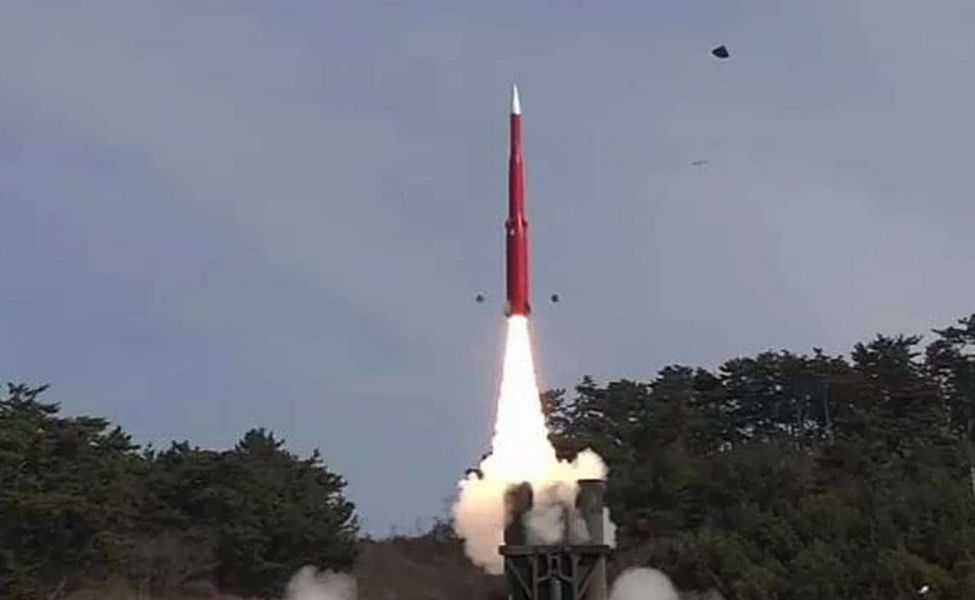
The military is currently developing a Block-II version of the L-SAM designed to intercept targets at altitudes higher than the current one.
South Korea has completed development of the homegrown Long-range Surface-to-Air Missile (L-SAM) system, the state arms procurement agency said Saturday, marking a major step in efforts to bolster the military's air defense capabilities, Yonhap reports.
The L-SAM, which is designed to shoot down incoming targets at altitudes of 50-60 kilometers, was recently assessed as combat-suitable as it met the military's technical requirements, according to the Defense Acquisition Program Administration (DAPA).
With the completion of its development, the L-SAM is expected to begin production next year and be deployed for operations by 2028.
Once deployed, the L-SAM is expected to play a key role in the country's multilayered missile shield, called the Korea Air and Missile Defense.
The military currently operates the homegrown Medium-range Surface-to-Air Missile system and the U.S. Patriot Advanced Capability-3 system to intercept incoming missiles at lower altitudes than the L-SAM.
For targets at higher altitudes, the country has so far relied on the U.S. Forces Korea's Terminal High Altitude Area Defense system that can defend against upper-tier threats at altitudes of 40-150 km.
The military is currently developing a Block-II version of the L-SAM designed to intercept targets at altitudes higher than the current one.
Photo: gagadget.com.









